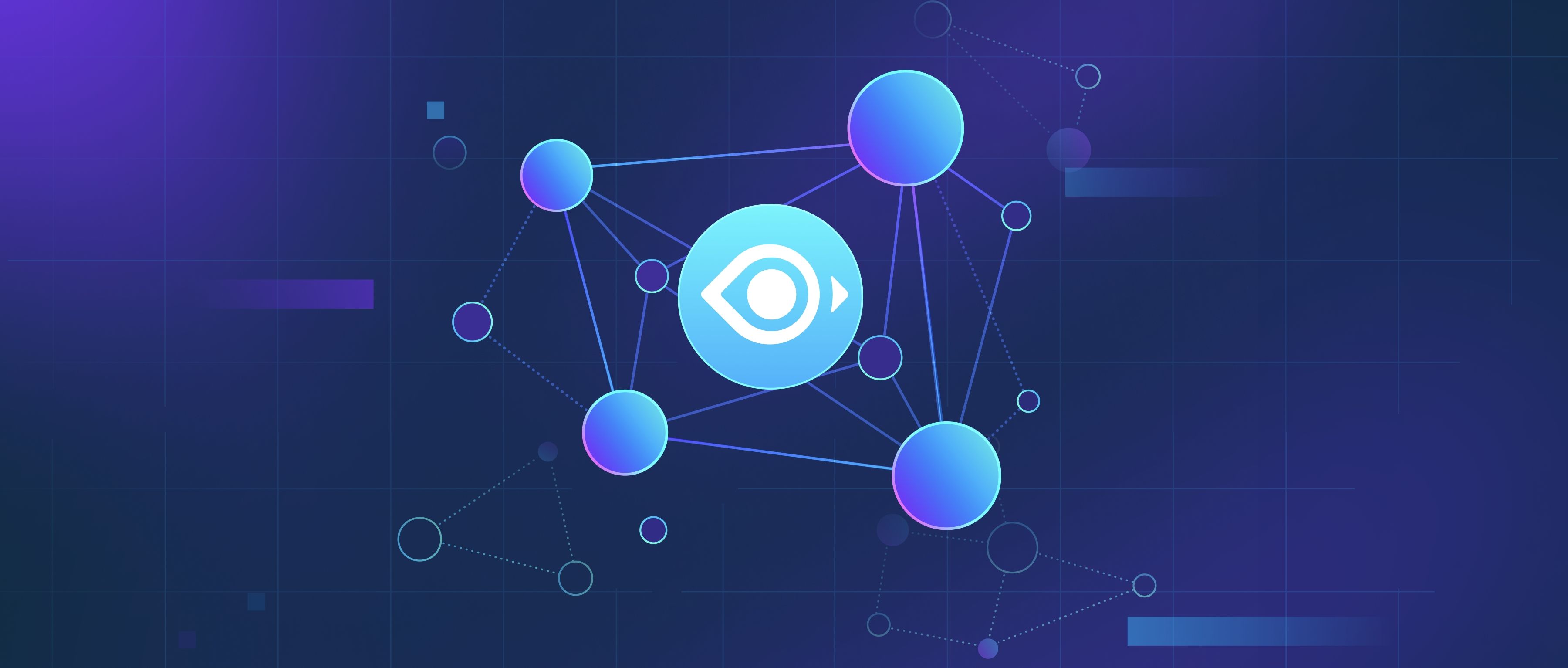AI agents leverage a combination of technologies to perform tasks autonomously and intelligently. Machine learning, particularly deep learning, is at the core, enabling agents to recognize patterns, make decisions, and adapt to new data. Natural language processing (NLP) allows agents to understand and generate human language, which is essential for chatbots, virtual assistants, and customer service applications. Reinforcement learning is used for training agents in dynamic environments, such as robotics and gaming. Computer vision enables agents to process visual data for tasks like object recognition and navigation. Technologies like transformers, used in models such as GPT and BERT, have revolutionized NLP and multimodal AI capabilities. These technologies are often integrated with APIs, cloud computing, and edge devices to create scalable and efficient AI agents for various domains, including healthcare, finance, and customer support.
What AI technologies are used to power AI agents?

- Natural Language Processing (NLP) Basics
- Exploring Vector Database Use Cases
- The Definitive Guide to Building RAG Apps with LangChain
- Accelerated Vector Search
- Natural Language Processing (NLP) Advanced Guide
- All learn series →
Recommended AI Learn Series
VectorDB for GenAI Apps
Zilliz Cloud is a managed vector database perfect for building GenAI applications.
Try Zilliz Cloud for FreeKeep Reading
What is the impact of non-IID data in federated learning?
Non-IID (Independent and Identically Distributed) data poses significant challenges in federated learning, primarily bec
What are the steps involved in implementing a few-shot learning model?
Implementing a few-shot learning model involves several key steps, from understanding the problem to evaluating your mod
How does vector search scale with data size?
Vector search scales with data size by employing a combination of efficient indexing, distributed storage, and parallel